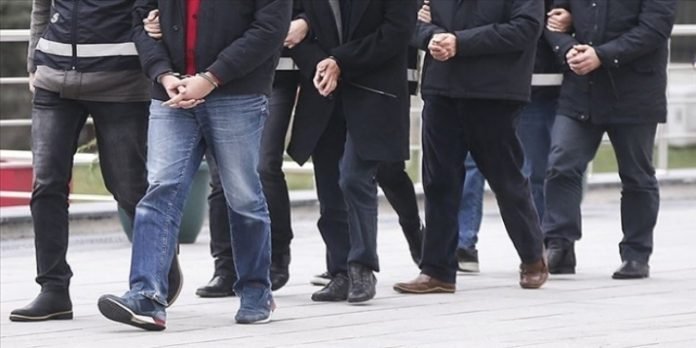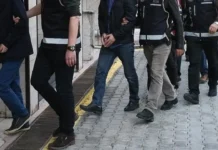The Ankara 10th Criminal Court of Peace on Friday arrested 17 people over their alleged links to the faith-based Gülen movement, the Kronos news website reported.
Among the arrestees was a five-months-pregnant woman, a mother of four with her youngest child just a year old and a 60-year-old woman suffering from hypertension, diabetes and heart disease who is also a prominent rheumatologist.
The suspects were accused of using the ByLock messaging app, and some were also accused of infiltrating the police force and other public offices on behalf of the Gülen movement. A witness known only as “Garson” (waiter) had testified against some of the suspects.
The credibility of Garson’s testimony has been severely undermined by recent findings suggesting that his signatures on key documents may have been forged. Dr. Gökhan Güneş, a human rights lawyer, released documents demonstrating significant discrepancies in Garson’s signatures across different legal depositions given a week apart.
These concerns about the authenticity of the witness testimony are compounded by international and domestic legal opinions. The European Court of Human Rights (ECtHR) had previously ruled that secret witness testimony, commonly accepted in Turkish courts against political dissidents, cannot alone substantiate convictions.
Similarly, Turkey’s Constitutional Court ruled that the statement of an eyewitness could not be regarded as evidence of terrorism in the case of a former military officer imprisoned in late 2017 over alleged links to the Gülen movement.
Although the ECtHR has in several cases made clear that use of the ByLock messaging app does not constitute a criminal offense, following a 2016 coup attempt the Turkish government accepted using the application, which was available on Apple’s App Store and Google Play, for identifying and arresting alleged followers of the movement on charges of membership in a terrorist organization.
Turkish President Recep Tayyip Erdoğan has been targeting followers of the Gülen movement, inspired by Turkish Muslim cleric Fethullah Gülen, since the corruption investigations in 2013, which implicated then-prime minister Erdoğan, his family members and his inner circle.
Dismissing the investigations as a Gülenist coup and conspiracy against his government, Erdoğan designated the movement as a terrorist organization and began to target its members. He intensified the crackdown on the movement following an abortive putsch in July 2016 that he accused Gülen of masterminding. Gülen and the movement strongly deny involvement in the coup attempt or any terrorist activity.















